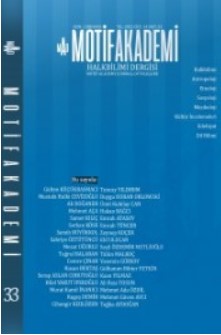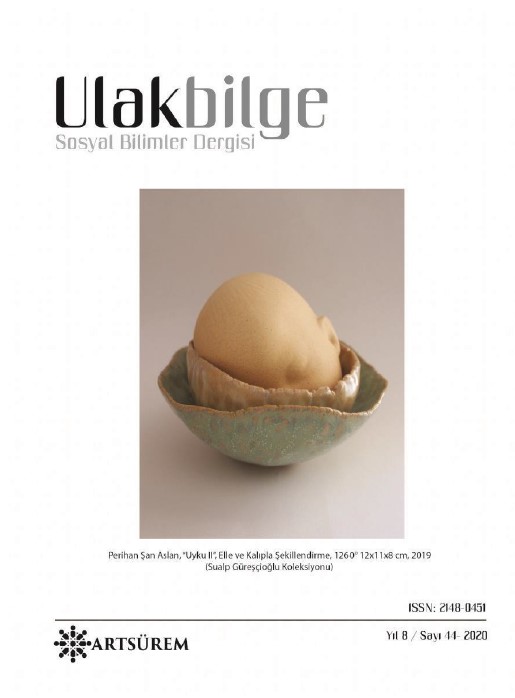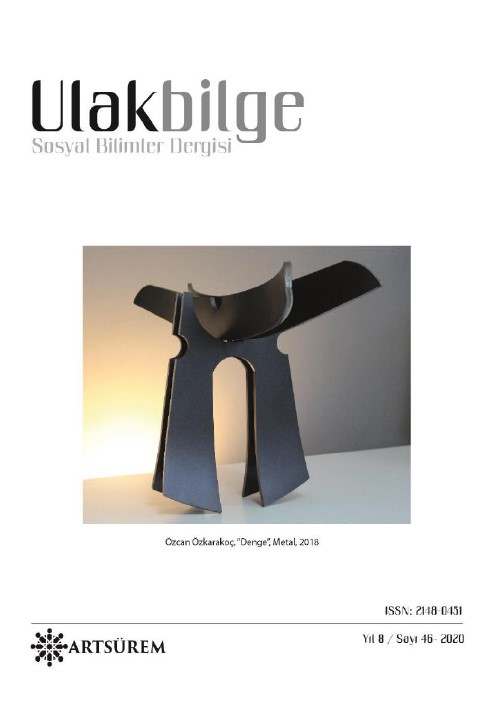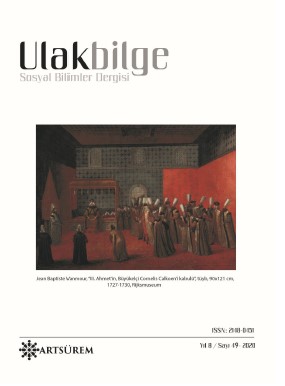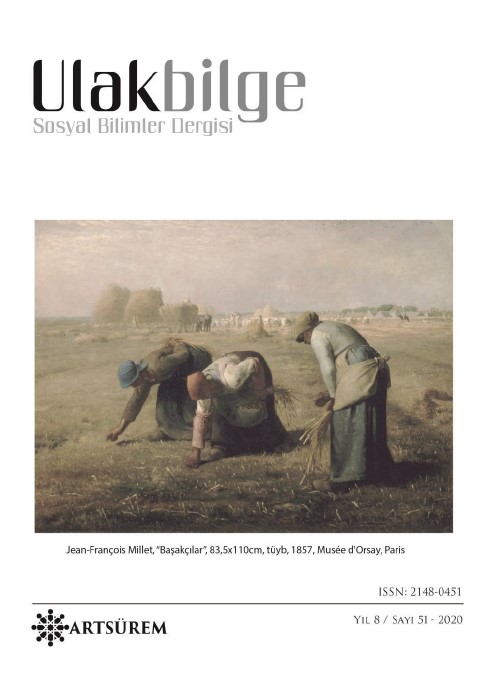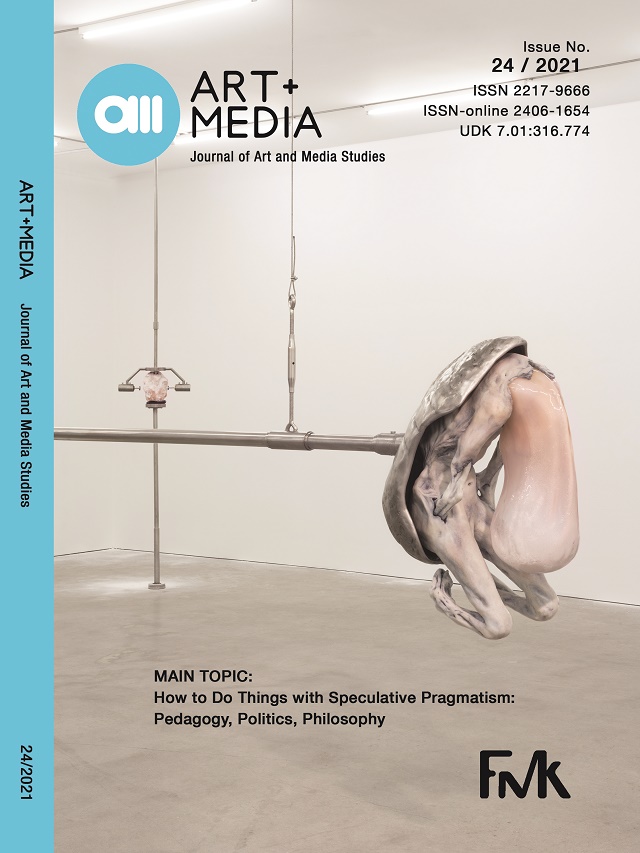
How to Make Your Child Sleep: Designing Rhetorical Experiences
I might give a variety of logical reasons to help my daughter sleep: being tired from swimming, that a sore leg will feel better, or that she will need lots of energy to play with friends. Consequences can be an argument too, like the loss of a stuffed animal if there are any more non-emergency calls for parents before morning. I might even pull out some sort of shameless (and ineffective) ethos-based plea about being the parent and knowing what is best for her. Rhetorical persuasion is a concatenation of moments and forces that are experienced as a unit – a unit with a persuasive quality to it or that creates new directions for speech and action. Similarly, rhetoric can also be understood as the production or design of those experiences. The design is always partial, as no one can control an experience, but the addition, removal, arrangement, and use of elements for the purpose of creating a particular quality of experience is an important rhetorical act. This design-oriented production of rhetorical experiences is a way of focusing on the human agents within a material rhetoric context that avoids relegating the non-human and the non-linguistic to the background. This paper brings design further into the discussion of rhetoric, adds a design-based angle to new materialism, theorizes rhetoric as an experience, considers John Dewey’s notion of experience and Brian Massumi’s work on affect in light of design and material rhetoric, and (of course) to help parents set up their children for a wonderful night’s rest.
More...
